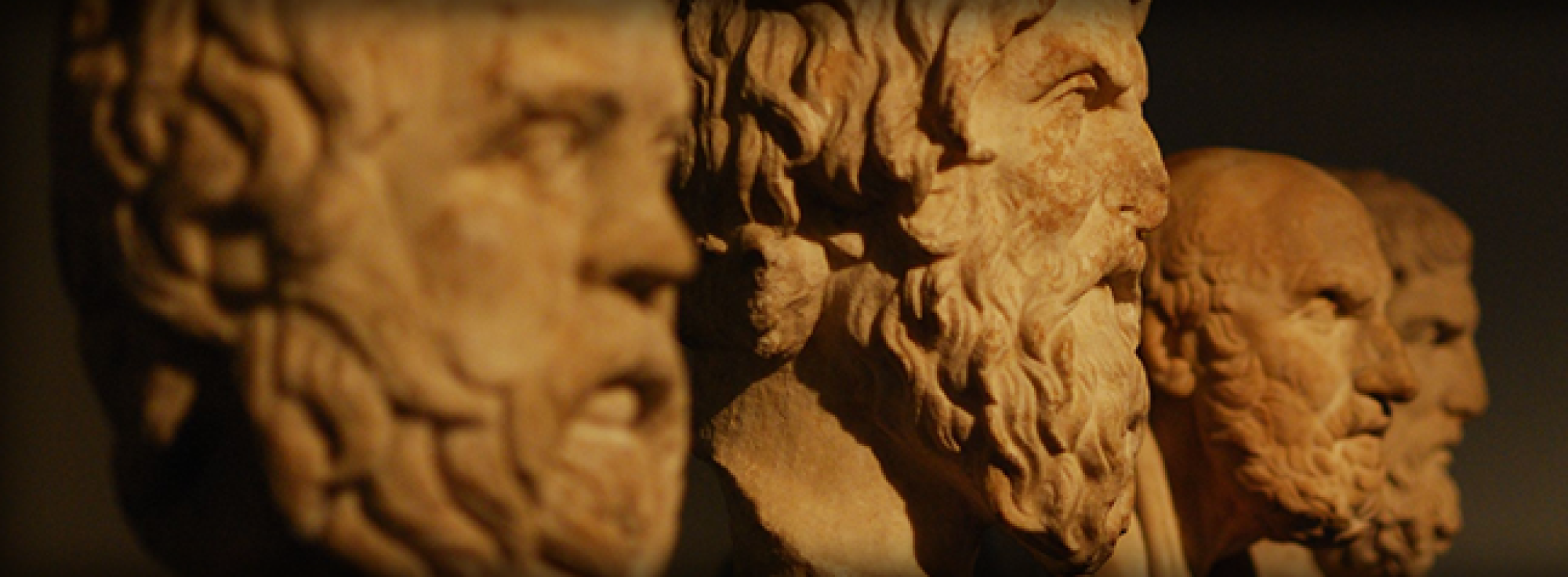My research aims to understand and characterize the distinctively human. My primary area of research within ancient philosophy concerns Aristotle’s philosophy of mind and its metaphysical and epistemological underpinnings and implications. My work looks at the interplay between two of Aristotle’s fundamental philosophical commitments. On the one hand, Aristotle is committed to a sort of empiricism according to which all our knowledge is derived from sense experience and what gets written on the blank slate of our minds through experience. On the other hand, Aristotle is committed to the idea that human knowledge goes beyond the realm of perception and immediate experience. He thinks human beings are capable of grasping universal truths about the entire realm of being, reaching even to the divine. Although we start without any innate knowledge and must acquire all our knowledge through experience, we can end up becoming like god, understanding the nature of everything. Many philosophers endorse some version of one of these two commitments, but few have developed and defended their synthesis. In my work, I defend the coherence of Aristotle’s views, maintaining that Aristotle’s synthesis of these two commitments produces a well-thought out account of human nature, possessing considerable explanatory power and some notable theoretical virtues.
A number of my current papers examine Aristotle’s account of nous, the intellect or power of understanding, and its role in Aristotle’s conception of the human being. I am also exploring the ethical, epistemological, and metaphysical implications of Aristotle’s views on human and divine understanding, tying his psychological works with the rest of his corpus. My work on intellect is part of my overall desire to understand and articulate ancient views on human nature. As part of this project, I am interested in the way that views on distinctive human capacities shift in late ancient and early medieval thought to include the power of choice. I am currently working on a paper on Augustine’s argument in De Trinitate XIII that humans will to live forever. A further area of current and future research concerns Aristotle’s views on motion and change and their implications for infinity and continuity.
Please contact me if you would like to see current paper drafts.
I am also interested in bringing ancient and medieval thought into dialogue with contemporary metaphysics, epistemology, and philosophy of religion. My article on why Thomas Aquinas rejects infinite, essentially ordered causal series in favor of a first cause is among the Most Read articles on the British Journal for the History of Philosophy website. I maintain that Aquinas’s conception of causality is based around an ontological dependence between effect and cause and thus is significantly different from typical contemporary conceptions of causation. My recent Philosophical Quarterly paper explores Plotinus’s arguments against any complexity in a first or perfect being. Plotinus challenges an assumption driving much contemporary discussion of perfect being theology: that a perfect being would have maximal versions of the sort of personal characteristics that human beings have. Plotinus argues that the highest being has to be utterly simple. Not only is the ultimate being independent of any external entity it also has no internal parts. Plotinus’s argument is worth considering both in itself and as a way to clarify general issues about ontological and explanatory priority that face all accounts of reality.
I am currently working on a funded research project exploring how gratitude can be directed to non-personal benefactors. On my view, while gratitude requires acknowledging a source of the things for which we are grateful, this benefactor need not be not be personal or aware of you as an individual. We recognize that gratitude to a nation can be appropriate (as when I am grateful to the United States for letting me immigrate). Yet such entities are not themselves persons and do not act with a specific persons’ welfare in mind. To be an appropriate target of gratitude a thing just needs to reliably produce good things which include undeserved benefits for us. My view allows both non-theists and theists to be grateful to plants, animals, and natural ecosystems. However, different expressions of gratitude are appropriate for personal and non-personal benefactors.

